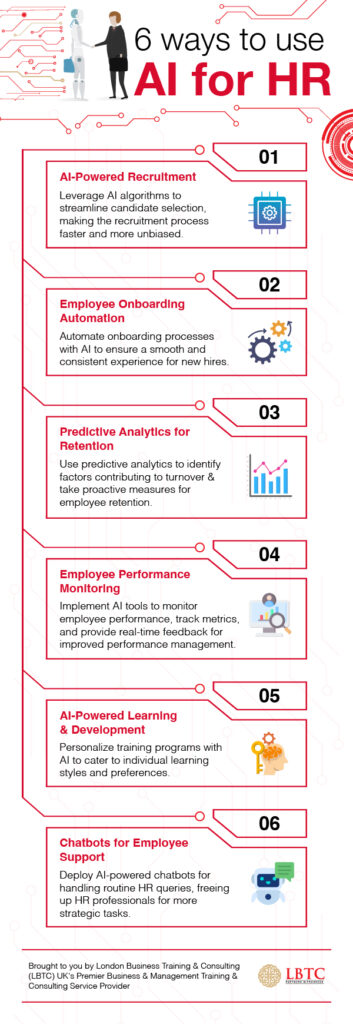
In case you missed it, recruiting will not be exempt from the impending AI revolution. The robots themselves—in this example, Microsoft Bing’s ChatGPT-powered model—will tell you that, according to 67% of recruiters, artificial intelligence has helped the hiring process. 65% of recruiters currently utilise AI.
These two figures are directly lifted from a single, poorly explained study on Zippia.com. The alarm goes off in an instant. How many other reliable sources claim that hiring managers are all AI nerds? How often does AI come up in conversations with other recruiters or when you glance around your office?
The truth is far more nuanced. According to new research from the Recruitment and Employment Confederation, only 8% of HR professionals utilise AI, and only 3% want to do so in the upcoming year. It is just untrue to say that AI would completely transform human labour in an instant. It’s not the only one, either.
- AI is needed to filter applications more quickly.
Artificial intelligence is, by definition, very adept at processing vast amounts of data. An AI model can search through thousands of applications in seconds, often with a higher level of precision and accuracy than a human could achieve in a few days.
Nevertheless, few recruiters are desperately searching for methods to quickly assess a large number of applicants due to a continuous talent shortage. Simpler automated scans can identify more apparent problems, such as experience gaps, leaving you to focus on subtler indicators, such as cultural fit and soft skills. Excellent placements require these qualities, and using any AI-based platform to find them is currently costly and challenging.
- Candidates can game the system with AI.
It’s likely that you have already received resumes and cover letters that were at least partially composed by generative AI tools, whether you realised it or not. Using data from the internet, these tools, such as ChatGPT, enable candidates to create a language that is tailored to nearly any purpose.
But drafting cover letters is the only task that is more tiresome than reading them! Why do we want applicants to spend time and effort on materials that don’t matter when making decisions? Facts and attitudes, or the candidate’s experience, abilities, qualifications, and apparent mindset, are always going to be the most critical resources for recruiters. Using AI is similar to asking a reliable friend to review your application in many ways—it’s a means to make sure everything is in order, not to create an entirely new applicant.
- AI will take the place of knowledgeable, competent recruiters.
There’s no doubt that AI will advance and take on increasingly complex duties in the years to come. Simultaneously, technology will become more accessible and affordable for all recruitment agencies.
What does that signify for hiring managers? Instead of replacing your skills, this would allow you to dedicate more of your time to using them. Recruiters are better equipped to concentrate on intricate, nuanced activities rather than the manual labour that computers could perform for us as AI adoption picks up speed.
Practical recruitment training will be crucial, as always. Recruiters now more than ever require a disciplined approach to learning, skill development, and role development.
While AI won’t replace recruiters entirely, it may displace those who still need to fully utilise their potential through consistent, focused learning and development.
Moreover, the notion that AI will replace knowledgeable recruiters needs to be clarified. Instead, AI’s advancement presents an opportunity for recruiters to focus on intricate, nuanced tasks, leveraging technology to enhance rather than replace their skills. The crux lies in practical recruiter training, fostering a disciplined approach to continuous learning and skill development.
As AI adoption progresses, recruiters poised to adapt and grow alongside technology will thrive. It’s not about AI versus recruiters but about leveraging AI to amplify the capabilities of skilled recruiters, ensuring a dynamic and effective hiring landscape.


Leave a Reply